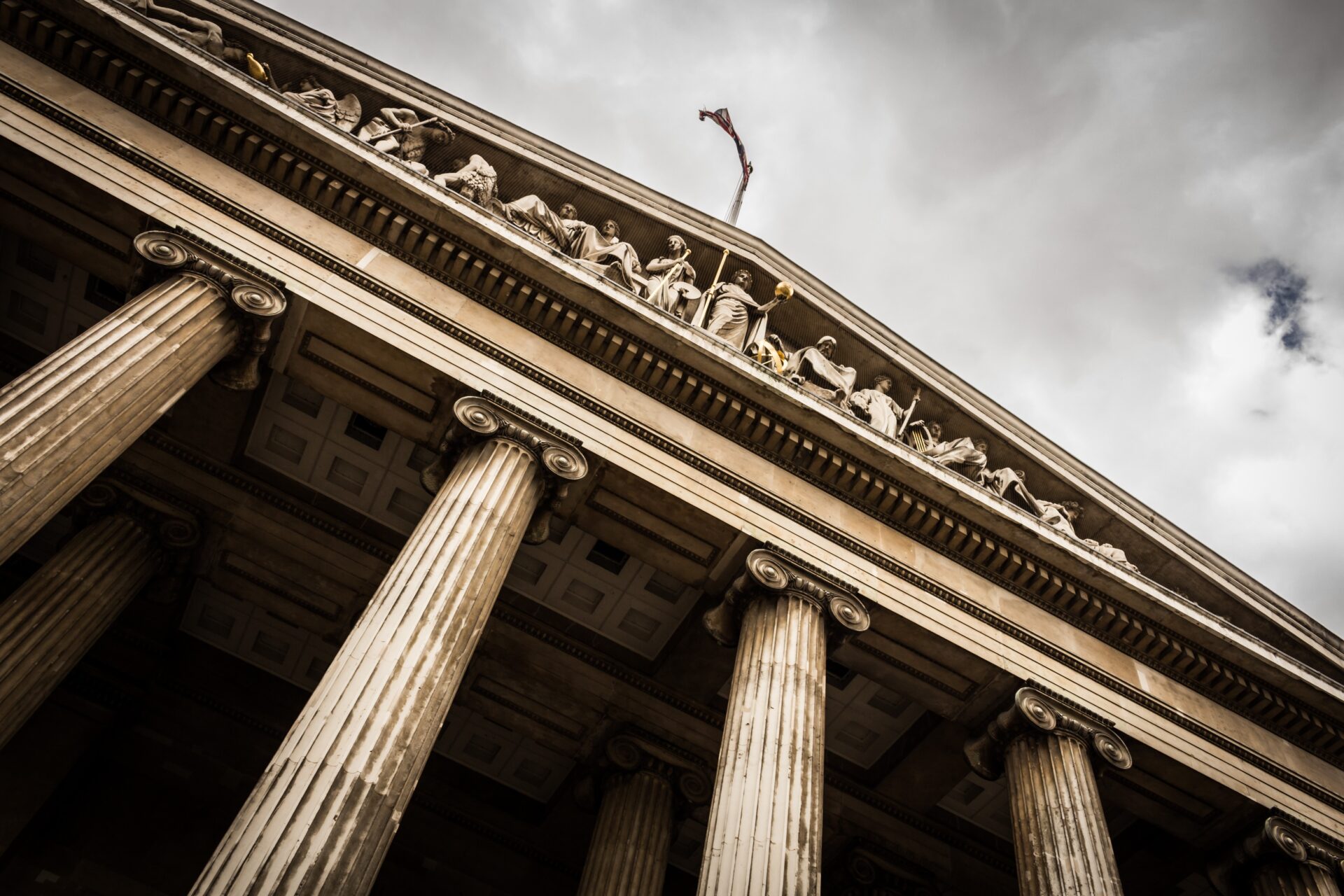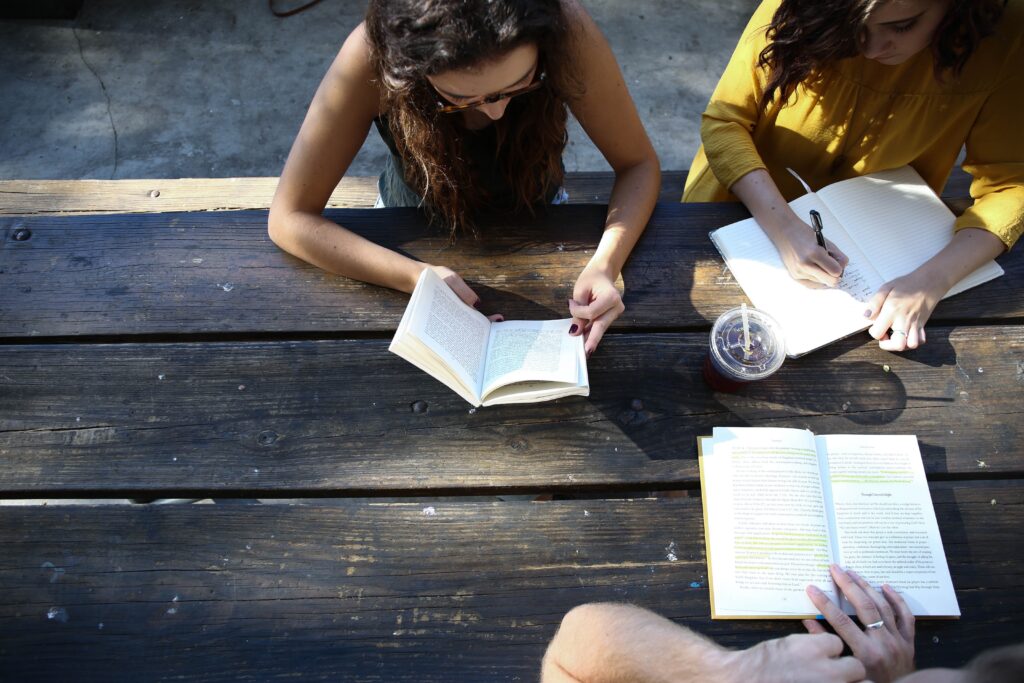In an ever-changing political climate, journalists have a responsibility to provide historical context of critical events and their aftermath. A hallmark of democracy is a well-informed citizenry, but fast-moving news, misinformation and an avalanche of media sources have made it complicated for journalists to provide the necessary context — and even harder for audiences to receive it.
Historical context provides a basis for holding public officials and institutions accountable for their actions. By examining past events and decisions, journalists can highlight trends that impact citizens’ constitutional rights or uncover repetition of catastrophic mistakes of the past. In order for journalists to accomplish this, it is crucial for a functioning democracy to preserve an accurate record of events and decisions. Journalism educators must help their students understand the urgent need for that function by the media.
Current trends in revisionist history taught in some schools around the U.S. and anti-democratic rhetoric deployed by some politicians and national leaders must be offset by rigorous and authentic history education. Integrating historical learning and teaching long-term perspective is the responsibility of all educators, not just the history faculty.
Guides & Best Practices
National Council on Public History
The council has developed best practice documents for educators at all levels, including master’s degree programs. These best practices are designed to help support and augment the standards and guidelines already in place at academic institutions.
National Library of Medicine
This collection of articles includes “Fostering Secondary Students’ Historical Thinking,” a study conducted by researchers in Belgium—a country known for its stable democracy and peaceful transfers of power. The study examines the concept of historical thinking and its value in any curriculum.
National Archives
The National Archives’ educator resources guides teachers and students through the use — and the importance — of primary resources.
Training
Massive Open Online Courses (MOOC)and EdX
EdX offers several history-related courses, from beginner to advanced level. This page provides educators with talking points to help emphasize the importance of studying history in a democracy.
The Smithsonian
The Smithsonian Learning Lab guides students through the process of defining historical context. It then allows them to practice employing these strategies with an example from the 1968 Poor People’s Campaign.
NewseumED
The Freedom Forum Institute’s education program offers lesson plans and teacher guides for a variety of history-infused topics, including one that emphasizes the importance of journalism as the “first rough draft of history.”
Assistance
Many history education organizations offer resources to all educators regardless of grade level or academic area of study. Here are a few of those sources:
The University of Colorado Boulder provides a framework for teaching history concepts in a college classroom, including learning objectives, discussions and a resource library.
The American Historical Association, a leading organization for historians, offers resources and publications that can be useful for college educators teaching historical concepts in their courses.
TeachingHistory.org, created at George Mason University, offers lesson plans, teaching strategies and professional development opportunities.
The Gilder Lehrman Institute of American History has an education arm that provides a variety of resources for educators, including primary source documents, lesson plan ideas, study guides and self-paced courses.
Additional Resources
Teach For America’s One Day
“When will history be taught honestly?” by Samantha Hernandez
Article
CBS News
”50 states, 50 different ways of teaching America’s past” by Jericka Duncan, Christopher Zawistowski and Shannon Luibrand
Article, video
University of Madison-Wisconsin
“Why should you study history?”
Student guide
History News Network, George Washington University
“For the love of history, let’s teach it better” by Laura Redford
Article
Education Week
“How Should Teachers Handle the Movement to ‘Rewrite’ High School History? Embrace It” by Jack Doyle and Christopher L. Doyle
Article
Facing History, Facing Ourselves
Using lessons of history to challenge teachers and their students to stand up to bigotry and hate
Curricula
The New York Times
The 1619 Project conceived of and edited by Nikole Hannah-Jones
Magazine, Books, Docuseries and Curricula




